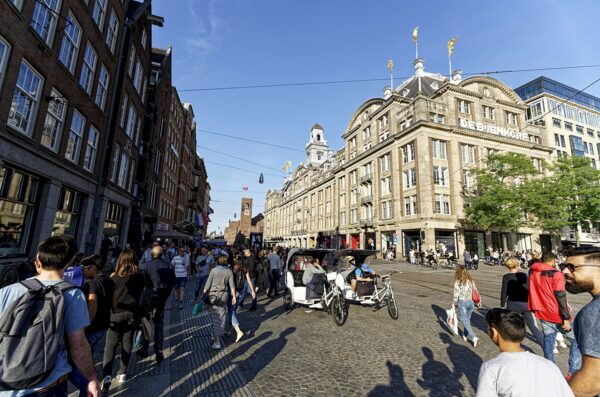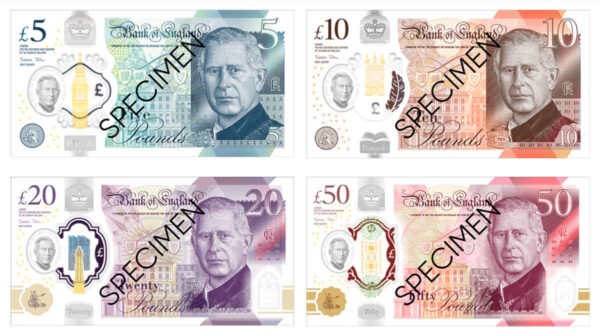 For the first time, the volume of retail purchases made by card now accounts for more than half of all customer transactions, according to the British Retail Consortium’s Payments Survey.
For the first time, the volume of retail purchases made by card now accounts for more than half of all customer transactions, according to the British Retail Consortium’s Payments Survey.
Retailers’ investment in payment technology has led to greater customer choice over how they pay for their goods both in store and online.
The BRC should be congratulated for its successful campaign which led to the EU capping some of the fees for handling credit and debit card transactions, saving around £500 million for retailers and their customers, However, retailers still spent over £1 billion last year to accept payments and the cost of processing remains high, particularly for credit cards.
So, where does all this leave the pound in the customer’s pocket? Well, Andrew Jones, the Exchequer Secretary to the Treasury, says there is no evidence that the new 12-sided coin can be faked.
But it remains to be seen for how many generations it can survive. I wonder if, in 20 years’ time, retailers will still be cashing up at the end of the day and making trips to the bank – if indeed we still have banks!
Visa is launching a major effort to encourage businesses to go cashless. Aiming to create a culture where cash is no longer king, the programme will give 50 restaurants and food vendors a share of $500,000 if they commit to stop taking cash and upgrade their payment technology.
 Cash transactions made up barely 2% of the value of all payments made in Sweden in 2015, while in Denmark over three million Danes – in a country of 5.6 million – used the app MobilePay to make some 90 million transactions.
Cash transactions made up barely 2% of the value of all payments made in Sweden in 2015, while in Denmark over three million Danes – in a country of 5.6 million – used the app MobilePay to make some 90 million transactions.
Advocates for the cashless society argue that productivity is increased and ‘shadow’ economies hit, while prices tend not to be rounded up.
The counter argument is that young people could be tempted to spend money they don’t have, while elderly people who don’t use computers, along with the homeless and those without bank accounts, would be disadvantaged.
I am reminded of a letter written to a newspaper by an Irish senior citizen in the Nineties. She complained about the planned replacement of the Irish pound by the euro, saying: ‘Why can’t they wait until all the old people die?’
Although, the euro became the currency of the Eurozone countries, including Ireland, on 1st January 1999, it wasn’t until three years later that the state began to withdraw Irish pound coins and notes.
Perhaps the old girl had something to do with that!
May your cash tills continue to ring – for the moment anyway.
Alan Monahan
















